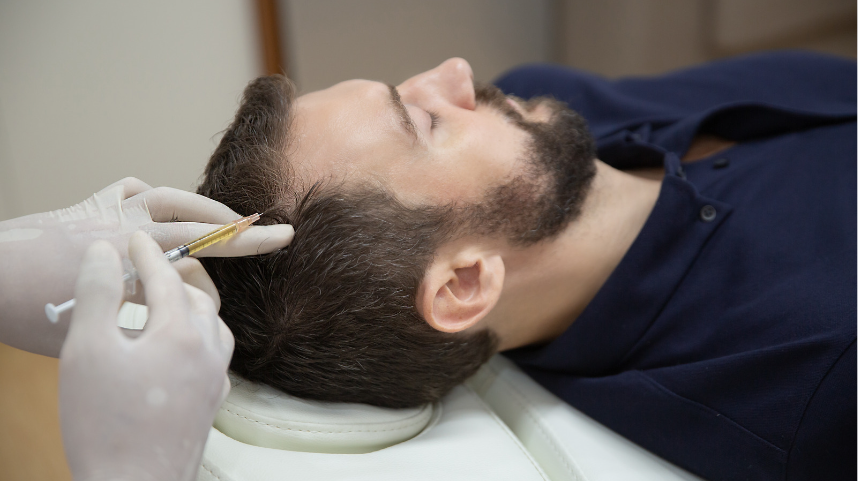Experiencing hair loss can be distressing. Many find themselves searching for effective solutions as they navigate through the myriad of available treatments. Amidst this journey, the role of a specialised professional becomes pivotal. These experts, known as hair specialists or trichologists, focus solely on scalp and hair health, providing targeted solutions that go beyond mere cosmetic fixes.
Consulting a hair doctor can be a transformative step for those struggling with hair loss. These specialists possess a deep understanding of hair biology and the factors that contribute to hair thinning and loss. By evaluating individual cases with scientific precision, they tailor solutions that address the root causes of hair issues, not just the symptoms. This specialised approach ensures that patients receive care that is both effective and personalised.
Understanding Hair Loss: Causes and Symptoms
Hair loss can stem from numerous causes, including genetic predispositions, hormonal imbalances, nutritional deficiencies, and environmental stressors. It’s important to recognise the signs early, which often include excessive hair shedding, thinning patches, or a receding hairline. Understanding these key symptoms is the first step towards effective treatment.
A thorough assessment by a hair specialist can help pinpoint the specific type of hair loss, whether it’s androgenetic alopecia, telogen effluvium, or alopecia areata. Each condition requires a different approach, and an accurate diagnosis is crucial in crafting an effective treatment plan.
The Role of a Trichologist in Treatment
Trichologists employ a range of diagnostic tools to assess hair health, such as scalp analysis, hair density measurements, and sometimes even blood tests to uncover any underlying health issues. Once the diagnosis is made, the treatment phase begins. This might include topical treatments, oral medications, dietary adjustments, or more advanced therapies like platelet-rich plasma (PRP) treatments or laser therapy.
Moreover, hair doctors often work closely with dermatologists or endocrinologists to ensure a holistic approach to treatment. This collaboration is essential, especially if the hair loss is related to skin conditions or hormonal imbalances.
Advanced Treatments and Technologies
The field of trichology has seen significant advancements in both treatments and technology. Innovations like low-level laser therapy (LLLT) and PRP are at the forefront of non-invasive options. LLLT, for instance, uses laser light to stimulate hair follicles and promote regrowth. PRP involves drawing a patient’s blood, processing it to enrich for platelets, and then injecting it into the scalp to encourage healing and growth.
These advanced treatments, once only available in high-end clinics, are becoming more accessible, providing hope and improved results for patients suffering from severe hair loss.
Lifestyle Adjustments and Home Care
In addition to clinical treatments, trichologists often recommend lifestyle changes to support hair health. This might include adopting a nutrient-rich diet, reducing stress, and avoiding harsh hair care practices. Simple changes, such as using gentler shampoos and avoiding tight hairstyles, can also make a significant difference.
Patients are encouraged to take an active role in their hair care regimen, integrating these suggestions into their daily routines to support the efficacy of clinical treatments and ensure long-term results.
Sustainable Hair Health: A Long-Term Approach
Achieving and maintaining hair growth is a long-term commitment. Trichologists emphasise the importance of regular follow-ups and adjustments to the treatment plan as needed. This ongoing care helps maintain the hair’s health and adapt to any changes in the patient’s overall health or lifestyle that may affect hair quality.
Consulting a hair doctor can significantly alter the course of hair loss and lead to lasting hair growth. By providing specialised care tailored to each patient’s needs, hair specialists ensure that their solutions are effective and sustainable. Whether through advanced treatments or supportive lifestyle changes, the goal remains the same: to restore not only the hair but also the confidence of those affected by hair loss.
